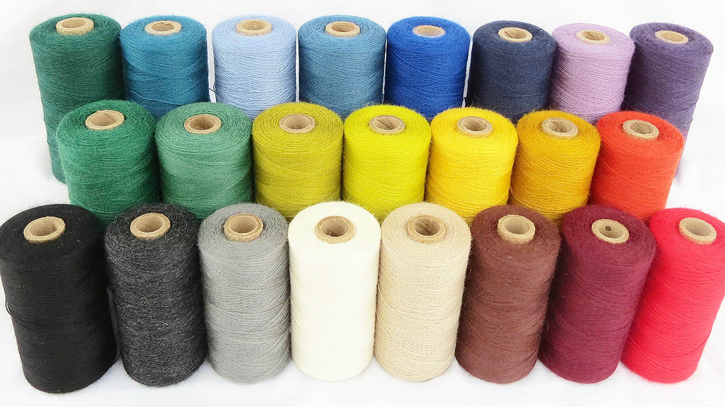
Photo: Collected
Due to higher cost of production, domestic textile millers, especially spinners, are facing unequal competition with their foreign competitors and losing orders for yarn even from local readymade garment (RMG) exporters.
The RMG exporters now prefer sourcing the raw material from abroad, hindering further growth of the local spinning sector.
According to Bangladesh Bank bank data, imports of yarn recorded a double digit growth during the first nine months of the current FY24 while imports fell in cases of other raw materials like raw cotton, textile and articles, and staple fibre.
Yarn import recorded a growth of over 10% during July-March period of FY24 compared to the corresponding period of the last fiscal, according to Bangladesh Bank data.
Bangladesh imported yarn worth $2.32 billion during the period which was $2.10 billion in July-March period of FY23.
Overall imports of RMG inputs recorded a 9.1% decline during the first nine months - raw cotton 24.9%, followed by textile and articles 8.2%, staple fibre 6.1% and dying and tanning materials 3.1%.
During the period under review, the country spent $12.17 billion in importing those goods which was $13.39 billion in the corresponding period of last fiscal.
Exporters said the price of locally produced yarn is higher than the imported variety while textile millers argued that the high costs of utilities and poor gas supply pushed up their production cost and it resulted in higher prices of locally made yarn.
According to industry insiders, local textile mills meet about 80% demand for the knitwear subsector and 35-40% for woven.
Bangladesh fetched $37.20 billion from RMG exports during July-March period of FY24 - knitwear earned $21.01 billion and woven $16.19 billion, according to the Export Promotion Bureau (EPB) data.
The country fetched $47 billion in FY23.
Messenger/Fameema








